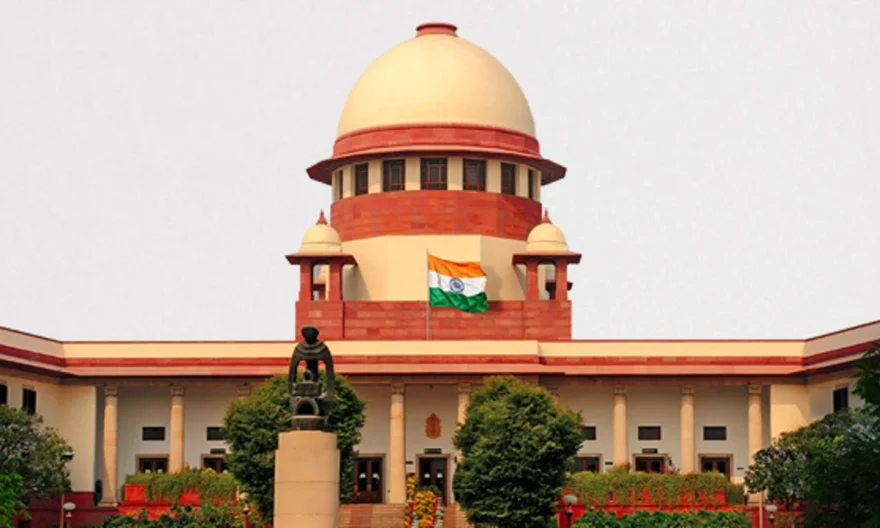
The Attorney General, R Venkataramani told the Supreme Court that the electoral bond scheme, designed for political party funding, promotes clean money, and citizens do not possess the right to information under Article 19(1)(a) of the Constitution regarding the source of funds.
In a statement filed before the Supreme Court, Venkataramani emphasized that there is no general right to access “anything and everything” without reasonable restrictions.
He stated, “The scheme in question extends the benefit of confidentiality to the contributor. It ensures and promotes clean money being contributed. It ensures abiding by tax obligations. Thus, it does not fall foul of any existing right.” Venkataramani pointed out that the power of judicial review is not about assessing state policies to suggest better alternatives.
“A constitutional court reviews state action only if it impinges upon existing rights and not because State action has not provided for a possible right or an expectation howsoever desirable,” he added.
While acknowledging the democratic significance of contributions to political parties and the importance of governance accountability, Venkataramani stressed that the court should not make declarations on such matters in the absence of a clear constitutionally offending law.
A five-judge constitution bench of the Supreme Court is set to commence hearings on October 31 regarding several pleas challenging the validity of the electoral bond scheme for political funding. This scheme was introduced by the government on January 2, 2018, as an alternative to cash donations to promote transparency in political funding.
Under the scheme’s provisions, electoral bonds can be purchased by Indian citizens or entities incorporated or established in India. The scheme allows individuals to buy electoral bonds, either singly or jointly with others. The bench, headed by Chief Justice DY Chandrachud, is scheduled to hear a batch of four pleas, including those filed by Congress leader Jaya Thakur and the CPI(M).
The scheme restricts the eligibility for receiving electoral bonds to political parties registered under Section 29A of the Representation of the People Act, 1951, and that secured at least one percent of the votes in the last general election to Lok Sabha or the state legislative assembly. Electoral bonds can only be encashed by eligible political parties through an authorized bank account.
The Supreme Court had previously refused to grant an interim stay on the 2018 Electoral Bonds Scheme and sought responses from the Centre and the Election Commission to an interim application by an NGO seeking a stay on the scheme.
In the past, the Centre and the Election Commission had opposing positions on political funding, with the government aiming to protect donor anonymity and the election panel advocating for transparency by disclosing donors’ names.




